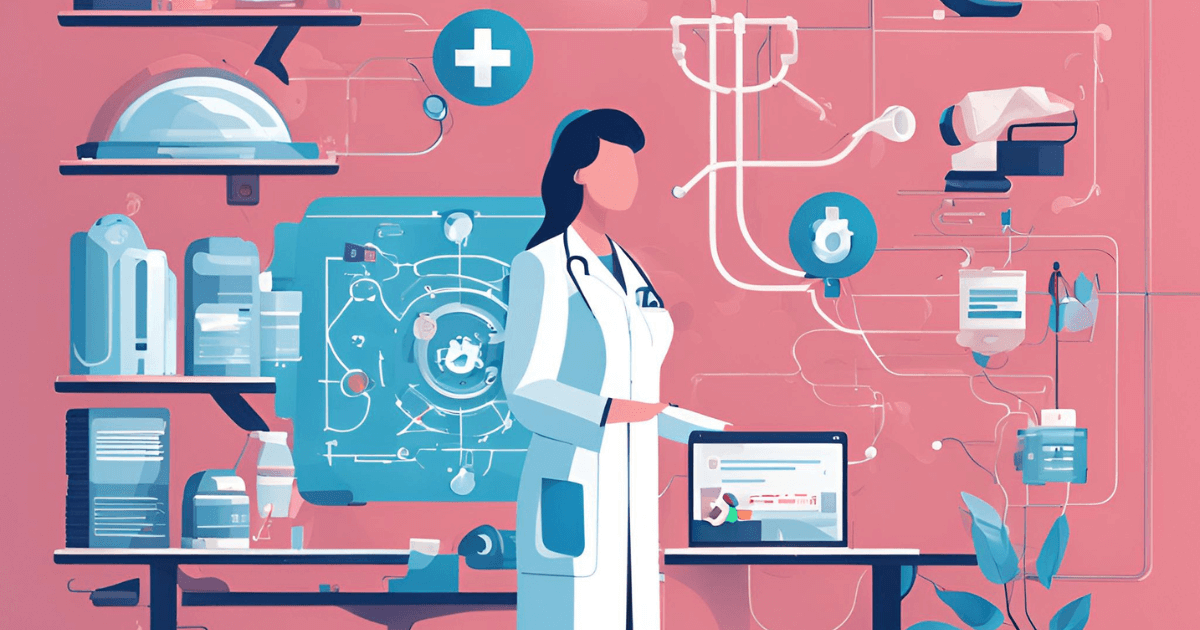In this episode of InnoHealth Magazine’s podcast, we have the privilege of speaking with Captain Indira Rani, a highly experienced healthcare professional with a wide-ranging background in clinical practice, hospital administration, and educational mentorship. Our conversation delves into her insights on the evolving landscape of nursing, the pivotal role of technology in healthcare, and the importance of addressing gender dynamics within the nursing profession.
Captain Indira Rani’s professional trajectory is marked by diversity and impact. With notable tenures at esteemed institutions such as the Military Hospital, AFMC, Escorts Heart Institute, and Medanta Medicity, she is currently the Chief of Nursing at Jaypee Hospital. She has now embarked on a journey towards a Ph.D. in Health Economics. Her multifaceted career has been instrumental in advancing healthcare delivery and education, positioning her as a respected leader in her field.
Nursing and Gender Dynamics
Addressing the imbalance in nursing staff gender distribution, Captain Rani recalls the late ’80s debates on male nurses’ emerging roles. She highlights that while male nurses bring technical skills and administrative prowess, they often lack the empathetic, patient-centric approach traditionally seen in female nurses. This discrepancy affects patient care and influences staffing decisions in hospitals across Delhi, where male nurses are frequently directed towards administrative roles rather than clinical bedside care.
Innovations in Hospital Commissioning
Captain Rani has been instrumental in the commissioning of new hospitals, such as Medanta Medicity and Jaypee Hospital. She discusses her strategic approach in integrating nursing services into these institutions from the ground up, emphasising the importance of nurse involvement in hospital design to ensure operational efficiency and optimal patient care locations. Her role often bridges multiple disciplines, requiring collaboration with architects and technology providers to ensure that every aspect of patient care is considered.
Technological Advancements in Healthcare
A significant focus of the discussion was focussed on the impact of technological innovations in healthcare settings. Captain Rani praised the Hospital Information System (HIS) as a game changer, enhancing everything from patient admission processes to billing and inventory management. However, she notes the challenges in training and integrating technology into nursing education, suggesting that curricular revisions are essential to prepare nursing professionals for a technologically advanced healthcare environment.
The Future of Nursing and Technology
Looking forward, Captain Rani envisions a healthcare system increasingly supported by artificial intelligence and other digital tools that can reduce the administrative burden on nurses, allowing more time for patient care. Innovations like remote vital signs monitoring and automated narcotics management could revolutionise how nurses interact with patients and manage their workloads.
Advice to Aspiring Nurses
In her parting words, Captain Rani offers advice to new entrants in the nursing field: embrace the challenges, continually update your knowledge, and develop both clinical and technological skills. She stresses that nursing is a noble and secure profession that is continually evolving alongside medical advancements.
Our enlightening conversation with Captain Indira Rani not only highlights the challenges faced in healthcare but also the dynamic solutions that leadership and technology offer. Her experiences and insights are invaluable to anyone interested in the future of healthcare, especially in nursing leadership and innovation.

